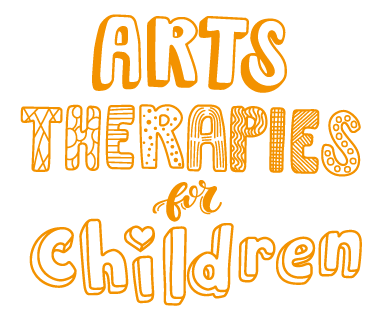A teachers guide to Art Therapy and Child Psychology.
Teachers play a huge role in the growth and mental development of children. School is a place where children learn academically, but is also hugely important for them socially. The social skills developed whilst at school will help children as they progress to adulthood. School is where children learn to form friendships, but also exposes them to socialising, bullying, peer pressure and other forces. Teachers play a key role in all of these.
As all teachers know, every child is unique, which different perspectives and attitudes. Some understanding of child psychology can help teachers to motivate their students and also to identify certain aspects of a child’s emotional development and needs. This can be particularly useful when engaging with more challenging students and when giving support to those with more complex needs.
It is now widely recognised that mental health and wellbeing is an essential part of a child’s overall health. ATFC works with teachers and parents to try to ensure positive mental health and wellbeing for all of its clients, and support in this endeavour is crucial to a successful course of therapy sessions.
How parents & teachers can help
Simply put, parents and teachers need to create a safe, nurturing environment for each child, both at home and school. This will help them to build strong, caring relationships and to develop confidence and self-esteem. This can be aided by structuring learning to the child’s most appropriate learning style, providing explanations to the child, having a framework around reward and punishment, and being able to identify and address psychological issues. Psychological issues can manifest themselves in many ways, not all of which may be immediately obvious. For example, a child may experience a sudden decrease in academic performance, sitting or spending most of the time on their own, become quiet when they were previously more talkative, sudden anger outbursts or aggressive behaviour, not being able to make friends.
Teachers working with ATFC
There are a few simple things that teachers can do to ensure that the work ATFC does with them is as effective as possible:
Teachers can help identify children who seem to be experiencing some emotional or behavioural difficulty.
Teachers can feed back to the therapist if they see any positive or negative changes in the child.
Teachers can keep therapists updated if there are any school trips or reasons why a child might not be able to attend therapy.
Teachers can talk to therapists to see if they are able to offer any specific suggestions of things that may help the teacher with the specific child in question.
